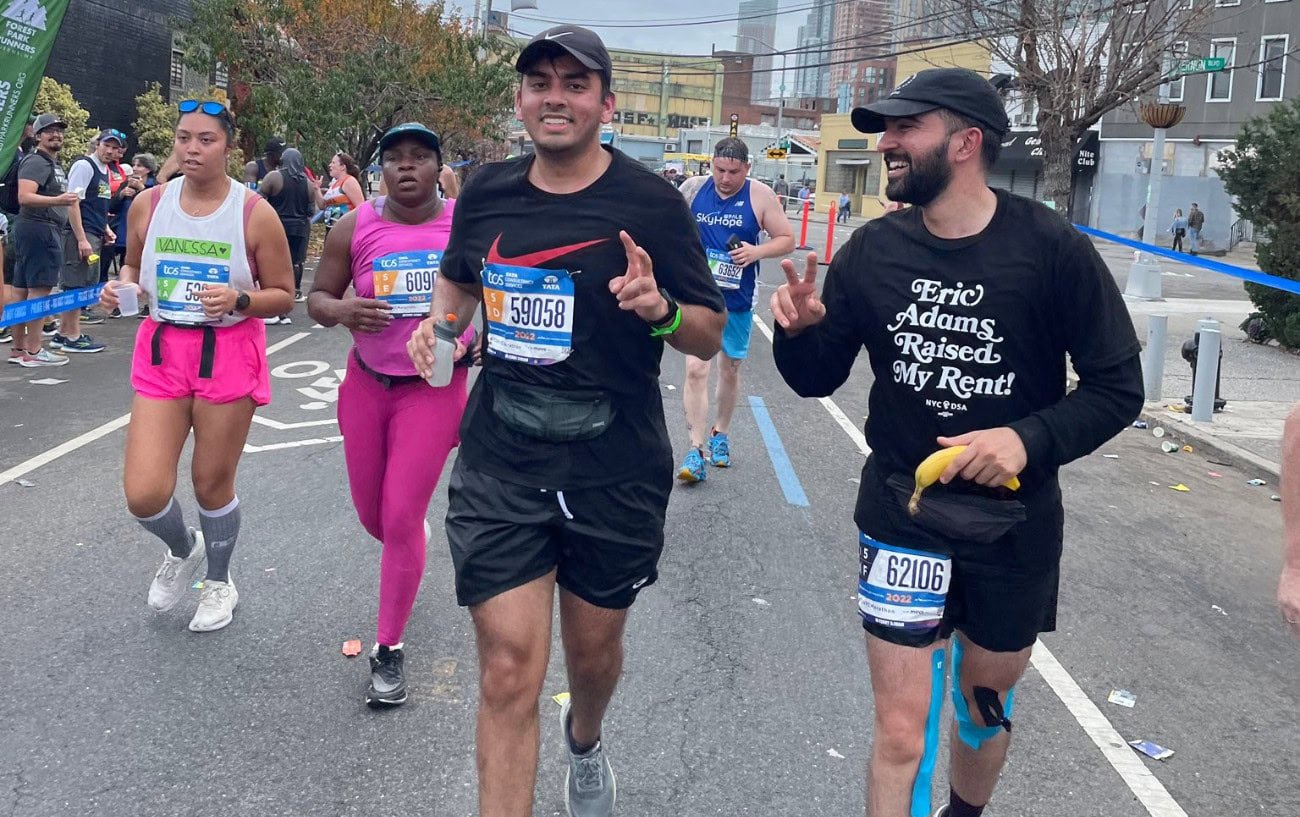South African standout runner Caster Semenya, now 32 years old, has been battling labels and discrimination in the world of athletics since her meteoric rise when she was just 18.
In 2009, Semenya competed at her first major international competition, the World Athletics Championships in Berlin.
At just 18, she brought home gold in the 800m in 1:55.45, 2.45 seconds ahead of second-place.
Her win, however, did not seem to bring celebrations but rather allegations and questions about her sex and gender. A growing amount of rumors were being put on Semenya, given her performance, muscular body type, and gruff voice.
The situation prompted an investigation by the IAAF, and Semenya had been asked to take a gender test to confirm she was female.
“At the moment, the athlete must be given the benefit of the doubt,” Nick Davies, IAAF spokesperson, said to BBC, “The rumors, the gossip was starting to build up.”
This would mark the beginning of an uphill battle for Semenya that would take her from World and Olympic podiums to the European Court of Human Rights.
Leaked Medical Documents & Regulations Imposed by IAAF
Following the weeks of testing after the World Championships, two medical documents were leaked.
Blood tests from her gender test showed that Semenya allegedly had three times the amount of testosterone in her body than the average woman does.
Additionally, her medical examination suggested Semenya was intersex, in which she lacked a uterus and instead possessed male internal sex organs.
Semenya was eventually diagnosed with 46, XY Differences of Sexual Development, which she was born with. The condition causes male and female traits to be expressed and causes hyperandrogenism, a higher testosterone level than the typical female range.
Following the results of the gender test, Semenya was not allowed to race until the IAAF had agreed on conditions that would allow her to compete at the elite level.
Semenya was able to keep her first gold medal from the World Championships.
It wasn’t until July 2010 that the IAAF reached conditions for Semenya but both parties would not make them public.
Semenya revealed to the Guardian that she was required to begin taking hormonal contraceptives at the end of 2009 to reduce her natural testosterone levels down to a concentration accepted by the IAAF.
Semenya first used a gel, eventually switching to a contraceptive pill, but saying it was a negative experience physically and mentally, “I’d describe [the medication’s effects] like this: you’re living every day with a sore body. Your stomach is burning, you’re having panic attacks, you’re sweating. It…it was crazy.”
The hormonal contraceptives, which she took from 2009 until 2015, made her feel low, so low that at times she struggled to get up. But Semenya continued to take them despite the havoc they were wreaking on her body, as it was the only way to appease the IAAF and remain eligible to compete.
“I had to sacrifice myself to be the best that I am. There were days when I lived in the dark. Days where I didn’t want to wake up,” she told the Guardian.
Semenya continued to compete from 2011 until 2015 while taking hormones.
Despite reduced testosterone and heavy side effects, she continued to win. She took major victories at both the Olympics and World Championship level.
A Human Rights Case: Switzerland V. Semenya
After the IAAF put regulations in place which barred Semenya, and other athletes who have naturally occurring high testosterone levels from competing unless she subjected herself to unnecessary medical intervention, she brought her case to the European Court of Human Rights.
The regulations subjected women athletes to eligibility criteria that force them to conform to a subjective standard and is incompatible with an indiviualds rights to bodily integrity and non-discrimination.
Initially, Semenya brought her case to the Court of Arbitration for Sport in 2019, but lost. She then brought her case to the Feberal Tribunal, Switzerland’s highest court. Her case was also dismissed despite the court agreeing that the regualtions violated human rights.
Although Semenya won her case in the European Court of Human Rights, there is no immediate prospect of her competing again, as the victory only enables her to further pursue her case.
World Athletics stated, after Semenya won, that they would encourage the Swiss government to appeal the decision.
Although she hopes to compete again, Semenya’s athletic career, is still hanging in limbo.
Continuing An Uphill Battle
Semenya has recently published a memoir, “The Race to Be Myself” in which she offers an empowering account of her life, career, and her battles.
For years, Semenya has beat around the bush when it comes to questions regarding sex and gender, but she want to make one thing clear: she is a woman.
“I’m an African, I’m a woman, I’m a different woman. That’s the only term I can use.”
In her autobiography she recounts being born a female and growing up a girl. When puberty hit, she noticed she wasn’t like the rest of the women in her family, but knew that everyone was different.
“In this world, we’re all different. We shouldn’t question how we look, or how we speak.”
As Semenya continues to fight an seemingly endless uphill battle, she’s says now, it’s no longer about winning medals.
She says she has achieved everything she has ever wanted in running, and this goes beyond the track.
This has become a battle against discrimination and fighting for what is right.












